THE YALE DRAMA SERIES David Charles Horn Foundation The Yale Drama Series is funded by the generous support of the David Charles Horn Foundation, established in 2003 by Francine Horn to honor the memory of her husband, David. In keeping with David Horns lifetime commitment to the written word, the David Charles Horn Foundation commemorates his aspirations and achievements by supporting new initiatives in the literary and dramatic arts. Serial Black Face JANINE NABERS Foreword by Marsha Norman
David Charles Horn Foundation The Yale Drama Series is funded by the generous support of the David Charles Horn Foundation, established in 2003 by Francine Horn to honor the memory of her husband, David. In keeping with David Horns lifetime commitment to the written word, the David Charles Horn Foundation commemorates his aspirations and achievements by supporting new initiatives in the literary and dramatic arts. Serial Black Face JANINE NABERS Foreword by Marsha Norman Published with assistance from the foundation established in memory of James Wesley Cooper of the Class of 1865, Yale College. Copyright 2015 by Janine Nabers. Foreword 2015 by Marsha Norman. All rights reserved.
Published with assistance from the foundation established in memory of James Wesley Cooper of the Class of 1865, Yale College. Copyright 2015 by Janine Nabers. Foreword 2015 by Marsha Norman. All rights reserved.
This book may not be reproduced, in whole or in part, including illustrations, in any form (beyond that copying permitted by Sections 107 and 108 of the U.S. Copyright Law and except by reviewers for the public press), without written permission from the publishers. Yale University Press books may be purchased in quantity for educational, business, or promotional use. For information, please e-mail sales.press@yale. edu (U.S. office). office).
Set in ITC Galliard and Sabon types by Integrated Publishing Solutions. Printed in the United States of America. Library of Congress Control Number: 2014959874 ISBN 978-0-300-21137-5 (paperback : alk. paper) A catalogue record for this book is available from the British Library. This paper meets the requirements of ANSI/NISO Z39.48-1992 (Permanence of Paper). 10 9 8 7 6 5 4 3 2 1 All inquiries concerning stock and amateur rights should be addressed to Scott Chaloff, WME, 1325 Avenue of the Americas, New York, NY 10019.
No stock or amateur performances of the play may be given without obtaining in advance the written permission of Scott Chaloff, WME, and paying the requisite fee.
Contents
Foreword
The Yale Drama Series Prize is given to one play from among two or three thousand submitted every year. The competition is unique in that it does not require the playwrights to have come from famous writing programs or be recognized by important festivals. Plays are not nominated by theaters or by committees but are simply put in the mail by the writers themselves. Most significant, there is no entry fee, a practice all writing competitions should adopt. The series requires only that the play be written in English, and the winner, who receives a $10,000 stipend, must attend the prize ceremony if possible.
In recent years a reading of the play has been held at Lincoln Center Theaters Claire Tow Theater, but the series does not exact any future participation from the writer, though it does what it can to attract an audience that may have the power to advance the playwright and the play. This generosity of intent and practice comes from the wise Francine Horn, who gives the prize in honor of her late husband, David C. Horn. She went to great lengths to discover what would make a playwriting prize distinctive and valuable, and she found the precise formula. Let anyone enter, hire knowledgeable judges who can prevail upon panels of friends to help read all the entries and discuss them, and then give the money free of condition, along with publication by Yale University Press. Consequently, the plays awarded the Yale Drama Series Prize have come from very distinct voices, but all have asked very big questions.
I have no doubt that this play will join the other winners and take its place in the canon of dramatic literature. It has been my pleasure to follow Edward Albee, Sir David Hare, and John Guare as a judge of this prize. I salute the board of directors of the David Charles Horn Foundation and all its supporters at Yale University. And I happily retire as a judge and take up my new position as family member and cheerleader in the great undertaking. This years winning play, Serial Black Face, by Janine Nabers, is the gripping story of a woman whose young son has gone missing. As the play opens, eighteen other Atlanta children are also missing from the projects where Vivian lives.
Officials dont seem to be looking very hard for these children, or for the person who took them. But every few days all the mothers with missing children are called in so that one of them can identify the body of her dead child found in a culvert, under a bridge, or otherwise tossed away along the side of the road. As expected, the mothers all long for the certainty of knowing where their children are, but each in turn, upon recognizing her childs face under the white sheet, collapses from the weight of the unimaginable loss. This is not a story Janine invented to scare us or her characters. It is based on events that began in Atlanta in the summer of 1979 and lasted until the spring of 1981. The murders stopped then, though the murderer was never charged in the deaths of the children, only in the deaths of two adults he also killed.
The children, it seems even now, do not matter enough to continue the inquiry. Perhaps he wasnt even asked about them. I dont know. But twenty-nine children were killed, all black, and their cases have still not been solved. In life, I hope the whole police force was looking for the person who murdered these boys. But in the play, Vivian is alone with her terror.
The girls at the diner where she works talk behind her back about how losing her son has made her look old. Her daughter, whose boarding school tuition takes every penny that Vivian makes, is annoyed by her mothers sadness and seeks release in inappropriate sexual activity. And then, into Vivians life walks Hugh, the handsome Man with the Face, as he is called by the girls at the diner. When he collapses at her feet, Vivian cannot resist him, but we fear he may very well be the man who has killed all these boys. Then again, he may simply be another nameless black man, one of the series suggested by the title. The play does not have a tragic ending, though you will be certain that it must.
But it is a tragic story. It is the tragedy of lives lived without hope of deliverance. Vivian cannot escape her lot. She cant go back to school, she cant get public assistance, she cant even find a friend. Her daughter is her tormentor, her every attempt to escape is closed in her face, and her one avenue of release is the appearance of the stranger, a man who says his name is Hugh. But she will pay dearly for every second of relief he gives her.
I will leave you to read the play and determine how on earth we get to a satisfying ending to this tragic tale of a woman without a chance. But that ending is the genius of Naberss work, her faith in the ability of people with no chance, to find one. She understands this bleak world of life in the projects, life as a waitress, life as the mother of one missing child and one delinquent one. She feels the walls close in around Vivian, and yet she knows that if she watches long enough, Vivian will find a way to survive. She will do what she must. She will live.
She will even love, though it is the most costly thing of all. And this is the miracle of the play. It is the proof of Janines courage and power that she can wait for the miracle to come. Only writers working straight from their gut can do this. Only writers with exceptional faith can believe in their characters and not feel they have to arrange a happy ending in order to get more productions. Janine is willing to sit and wait until the right ending unfolds in front of her at the computer.
It is this combination of courage and power that made
Next page

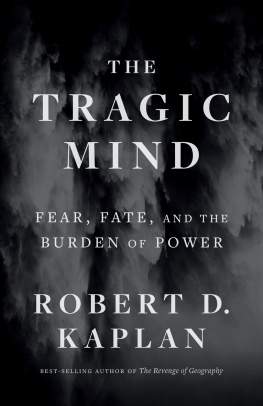
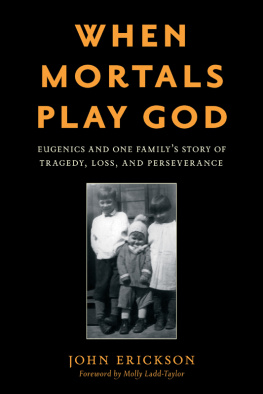
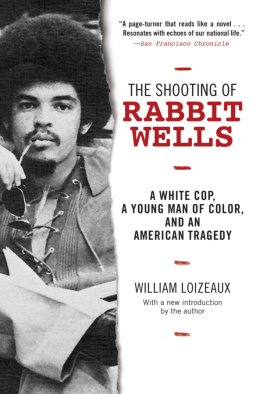
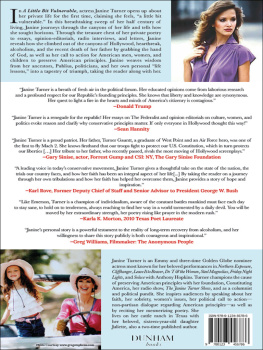
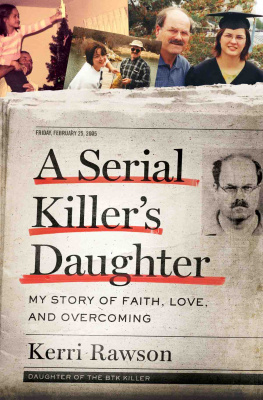
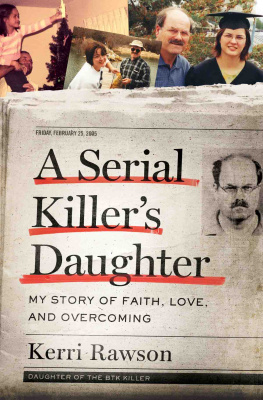
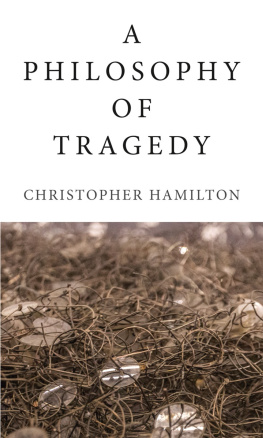
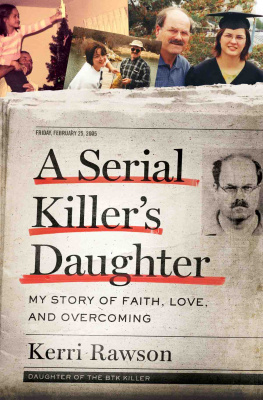
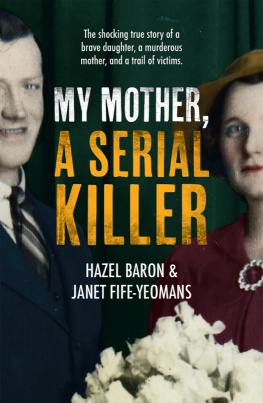

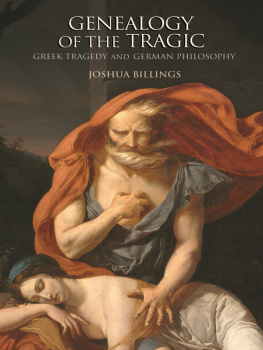
 David Charles Horn Foundation The Yale Drama Series is funded by the generous support of the David Charles Horn Foundation, established in 2003 by Francine Horn to honor the memory of her husband, David. In keeping with David Horns lifetime commitment to the written word, the David Charles Horn Foundation commemorates his aspirations and achievements by supporting new initiatives in the literary and dramatic arts. Serial Black Face JANINE NABERS Foreword by Marsha Norman
David Charles Horn Foundation The Yale Drama Series is funded by the generous support of the David Charles Horn Foundation, established in 2003 by Francine Horn to honor the memory of her husband, David. In keeping with David Horns lifetime commitment to the written word, the David Charles Horn Foundation commemorates his aspirations and achievements by supporting new initiatives in the literary and dramatic arts. Serial Black Face JANINE NABERS Foreword by Marsha Norman Published with assistance from the foundation established in memory of James Wesley Cooper of the Class of 1865, Yale College. Copyright 2015 by Janine Nabers. Foreword 2015 by Marsha Norman. All rights reserved.
Published with assistance from the foundation established in memory of James Wesley Cooper of the Class of 1865, Yale College. Copyright 2015 by Janine Nabers. Foreword 2015 by Marsha Norman. All rights reserved.